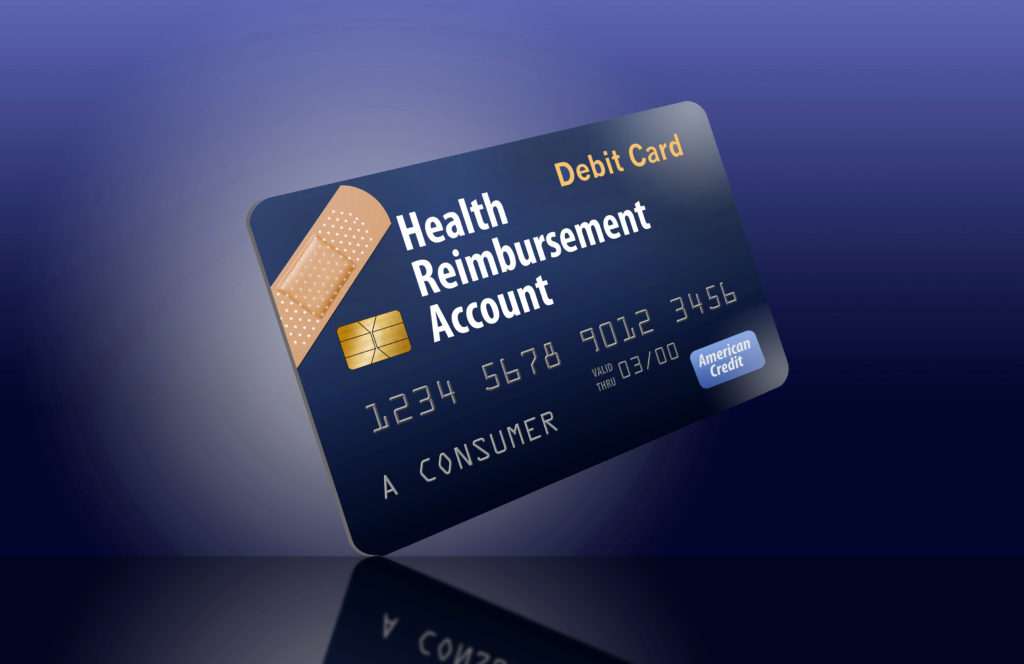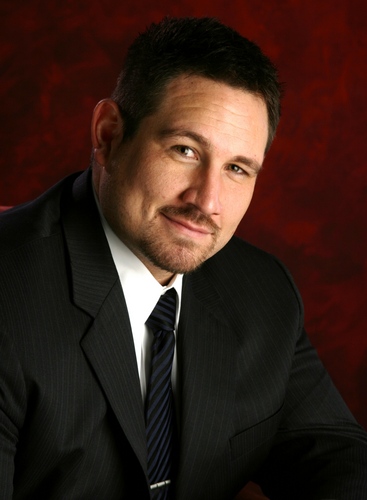The Retiree Health Account (RHA) is a very unique benefit that United provides to its pilots. It is funded by employer contributions on a pre-tax basis and designed to pay for medical expenses, tax-free, after retirement or separation of service. When used properly, the RHA can be a key part of a pilot’s retirement plan.
What can the RHA be used for?
As mentioned above, the RHA is not designed to be used while a pilot is employed by United Airlines. It is meant to help with medical expenses when the pilot is no longer working for United (either separated from service or retired). Once a pilot is no longer employed by United, they can use the RHA as a medical expense reimbursement account for any qualified medical expenses as set forth by the IRS.
In general, the term “qualified medical expense” covers a wide variety of expense types, including but not limited to: medical insurance premiums, long-term care premiums, dental expenses, prescription drugs, copay’s, and most out-of-pocket medical expenses. If you have any additional questions on what counts as a “qualified expense”, you can access IRS publication 502 at www.irs.gov or contact the United Benefits Center at (800) 651-1007.
How is the RHA funded?
While the RHA is funded in a few different ways, pilots are not allowed to make voluntary contributions from their paycheck. Below is a list (with brief descriptions) of how the RHA can funded:
- $1.00 per hour paid: For every hour pilots fly for United, they will contribute $1.00 to the RHA pre-tax.
- Excess employer contributions to the PRAP: Every year, the IRS sets a maximum total contribution allowed into a 401(k). Anything in excess of this amount will be contributed pre-tax to the RHA.
- Forfeited monthly vacation: This is the only voluntary way to contribute to the RHA. If there is unused vacation that may be forfeited, a pilot can elect to have this paid out into the RHA, instead.
Is the RHA invested or earning interest?
The short answer to this question is yes, the RHA is invested, but not by the pilot. There is a committee that handles the investment decisions of the RHA called The Investment Committee of the Pilot Retiree Health Account Plan VEBA Trust (RHA VEBA). Currently, the RHA VEBA has decided that all RHAs for United pilots should be invested into a Vanguard Target Date Retirement Fund.
There are many different Target Date Funds available that coincide with a variety of different retirement dates. As such, the Target Date Fund will be based on the age of the pilot and estimated retirement date. There is, however, one thing to note here, the RHA VEBA has decided that they want to be even more conservative than the fund itself. Thus, they are subtracting 10 years from the pilots retirement date and choosing that fund on the pilots behalf. So, if a pilot has an estimated retirement date of 2040, they are likely invested in the 2030 fund. More information about these Target Date Funds can be found on the Vanguard website.
How to use the RHA?
The RHA is designed as a Reimbursement Arrangement, which means that the pilot must incur and pay the medical expense and then submit for reimbursement using the online system or mobile application. You can learn more about the functionality of the system by calling the United Benefits Center at (800) 651-1007. Additionally, a debit card can be obtained to pay for qualified medical expenses as they arise.

Caution: Through many conversations with pilots and the United Benefits Center we have learned that there can be drawbacks to using the debit card. If a transaction paid for with the debit card gets classified as a pre-payment or an over-payment, it may get flagged and potentially freeze ALL of the funds in the RHA. This can happen if the service provider classifies the expense incorrectly or medical insurance ends up covering some of the incurred expense. We have been advised by the benefits center to discourage the use of the debit card.
Of note……….
United is in the process of adding an additional Health Reimbursement Arrangement (HRA) that is very similar to the RHA but can be used while a pilot is still working. The details of this HRA are still being finalized and the new benefit is set to launch sometime in 2021. Our understanding is that the new HRA will be funded via the above mentioned methods and upon retirement the funds will be funneled into the existing RHA.
How does the RHA fit into my retirement plan?
There is no one right answer, as every person and family have different needs and considerations that must be taken into account. If you need some help putting the puzzle pieces together, please do not hesitate to give us a call at (800) 571-0076 or schedule a complimentary consultation here.
All information provided on this primer regarding the United Airlines benefits, United Airlines Pilots, or anything not specifically related to Delphi Advisers, LLC. has been obtained by working directly with United Airlines pilots or from the following sources: The United Airlines Benefits Book by United MEC Retirement and Insurance Committee (2021), www.schwabplan.com/PRAP, ft.ual.com/employee-services/esc_home, www.IRS.gov. Delphi Advisers, LLC. does not certify the accuracy of the information in this document, as it may be time-dependent or change when new information is published. The information on this page is not investment or tax advice, it is general information meant for general consumption by the public. Investing in capital markets has an inherent risk of loss and we advise everyone to seek professional assistance before making any investment or tax decisions. Delphi Advisers, LLC. is registered as an Investment Adviser in the state of Washington and is licensed to do business in any state where registered or otherwise exempt from registration. Additional information and disclosures can be found here.



